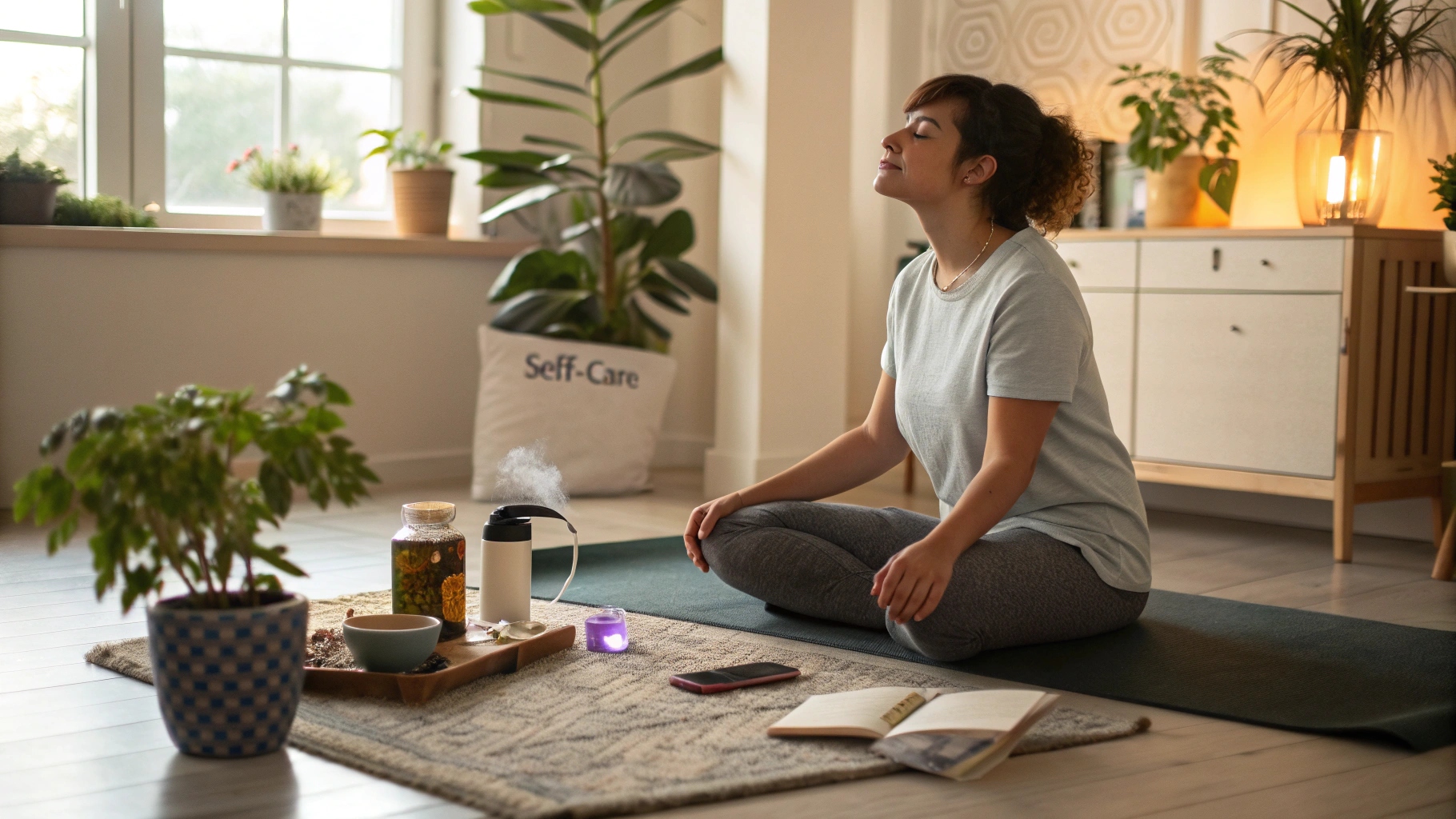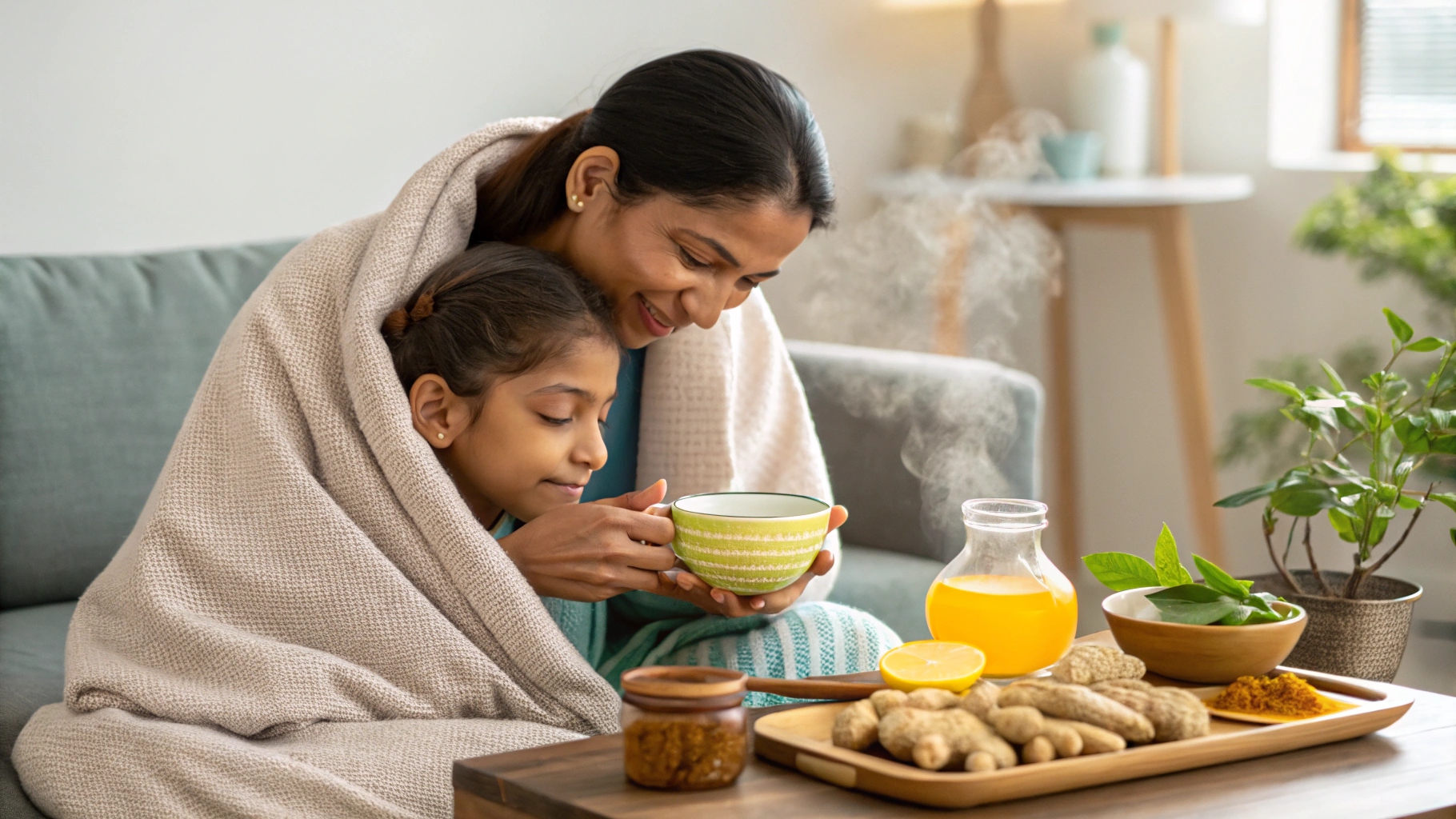In today’s fast-paced digital world, stress and anxiety have become common struggles. Whether it’s due to work pressure, studies, relationships, or health issues, almost everyone experiences these emotions at some point. While professional help is important in severe cases, many people can manage mild to moderate stress naturally using holistic approaches. Nature, lifestyle habits, and mindfulness can play a powerful role in restoring emotional balance without relying on medication.
Practice Deep Breathing and Meditation
Deep breathing is one of the simplest and most effective ways to calm your mind. It slows your heart rate, reduces cortisol levels, and brings you into the present moment. Meditation, even for just 10 minutes a day, helps clear mental clutter, improves focus, and boosts emotional stability. Guided meditations or apps like Headspace and Insight Timer can be very helpful for beginners.
Exercise Regularly
Physical movement releases endorphins — the body’s natural mood lifters. You don’t need to hit the gym; a brisk walk, yoga, cycling, or dancing at home can significantly reduce stress. Regular exercise also improves sleep quality, which is directly linked to lower anxiety levels.
Limit Caffeine and Sugar Intake
While coffee or sweets may feel comforting in the short term, excessive caffeine and sugar can worsen anxiety symptoms. They can cause mood swings, irritability, and jitteriness. Opt for herbal teas like chamomile, tulsi, or green tea instead. Keeping blood sugar stable with balanced meals also supports a calmer mind.
Get Quality Sleep
Lack of sleep fuels anxiety. Aim for 7–8 hours of restful sleep by maintaining a regular sleep schedule, avoiding screens before bed, and creating a calming nighttime routine. You can use natural sleep aids like lavender oil, magnesium supplements (under guidance), or calming teas before bed.
Stay Connected with Others
Isolation can intensify stress. Talking to a friend, family member, or support group can lighten your emotional load. Sharing your feelings helps you feel heard and supported. Even virtual connections can boost your mood when physical meetups aren’t possible.
Practice Gratitude and Journaling
Writing down what you’re grateful for shifts your focus away from fear and towards positivity. A simple habit of noting 3 good things daily can rewire your brain over time. Journaling your thoughts and feelings also helps in understanding triggers and patterns, making it easier to manage anxiety.
Spend Time in Nature
Being in natural surroundings — even a short walk in the park or sitting under a tree — has a grounding effect. Nature reduces cortisol, improves mood, and brings a sense of calm. Earthing, gardening, or simply watching a sunset can be powerful stress relievers.
Use Herbal and Natural Remedies
Natural supplements like ashwagandha, Brahmi, and lemon balm have been shown to reduce stress and anxiety symptoms. Aromatherapy using lavender or eucalyptus oils can also help relax the mind. However, always consult a healthcare provider before starting any supplement, especially if you have underlying conditions.
Engage in Creative Activities
Art, music, cooking, or any form of creative expression allows the brain to enter a flow state. This not only distracts from anxious thoughts but also boosts self-esteem and brings joy. You don’t have to be perfect — just enjoy the process.
Set Healthy Boundaries
Learning to say no, reducing screen time, and creating time for self-care are essential. Overcommitment leads to burnout. Prioritize what truly matters and make space for rest. Healthy boundaries protect your energy and reduce emotional overload.
FAQs
Can natural methods really reduce anxiety?
Yes, for many people with mild to moderate anxiety, lifestyle and natural methods can be very effective. However, severe or chronic anxiety should be addressed with professional support.
How long does it take to see results from natural remedies?
It depends on the person and the consistency of the habits. Some feel better in a few days, while others may take weeks. The key is to be patient and stay consistent.
Are herbal supplements safe for everyone?
Not always. Some herbs interact










